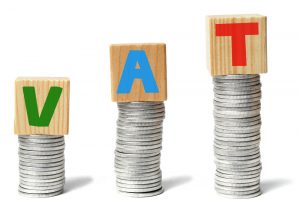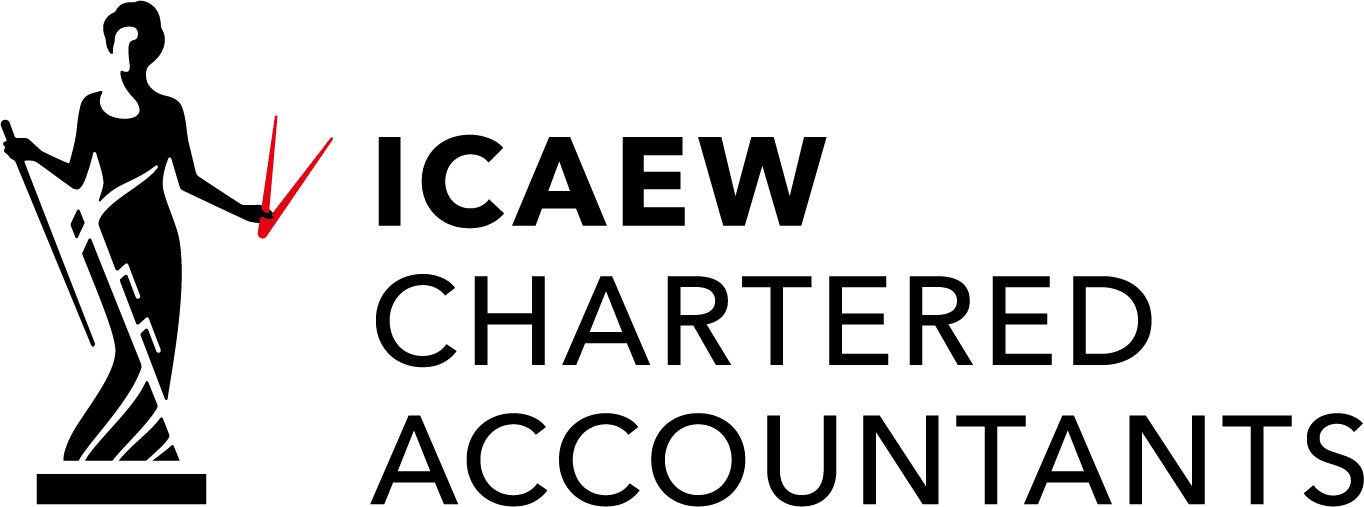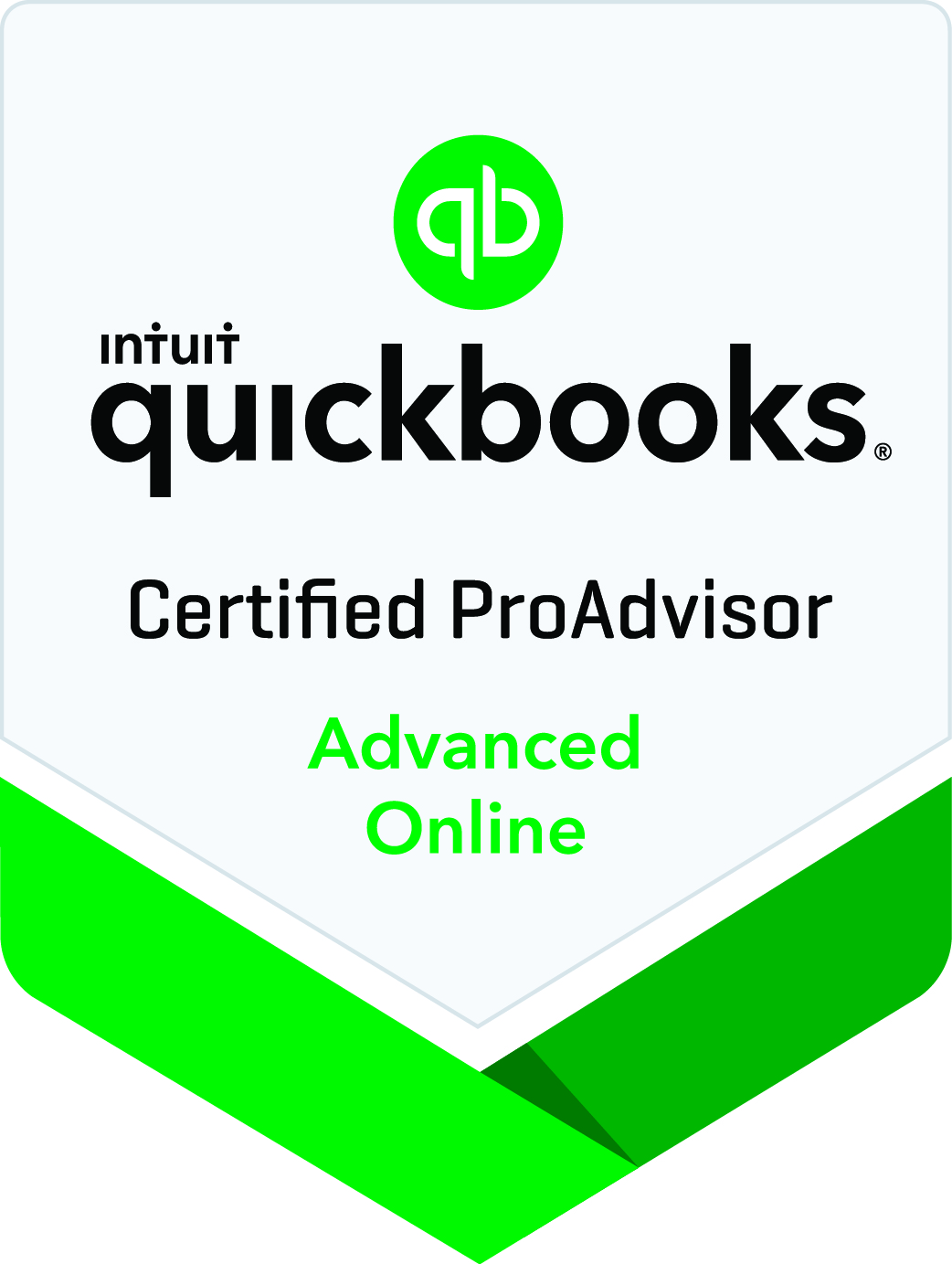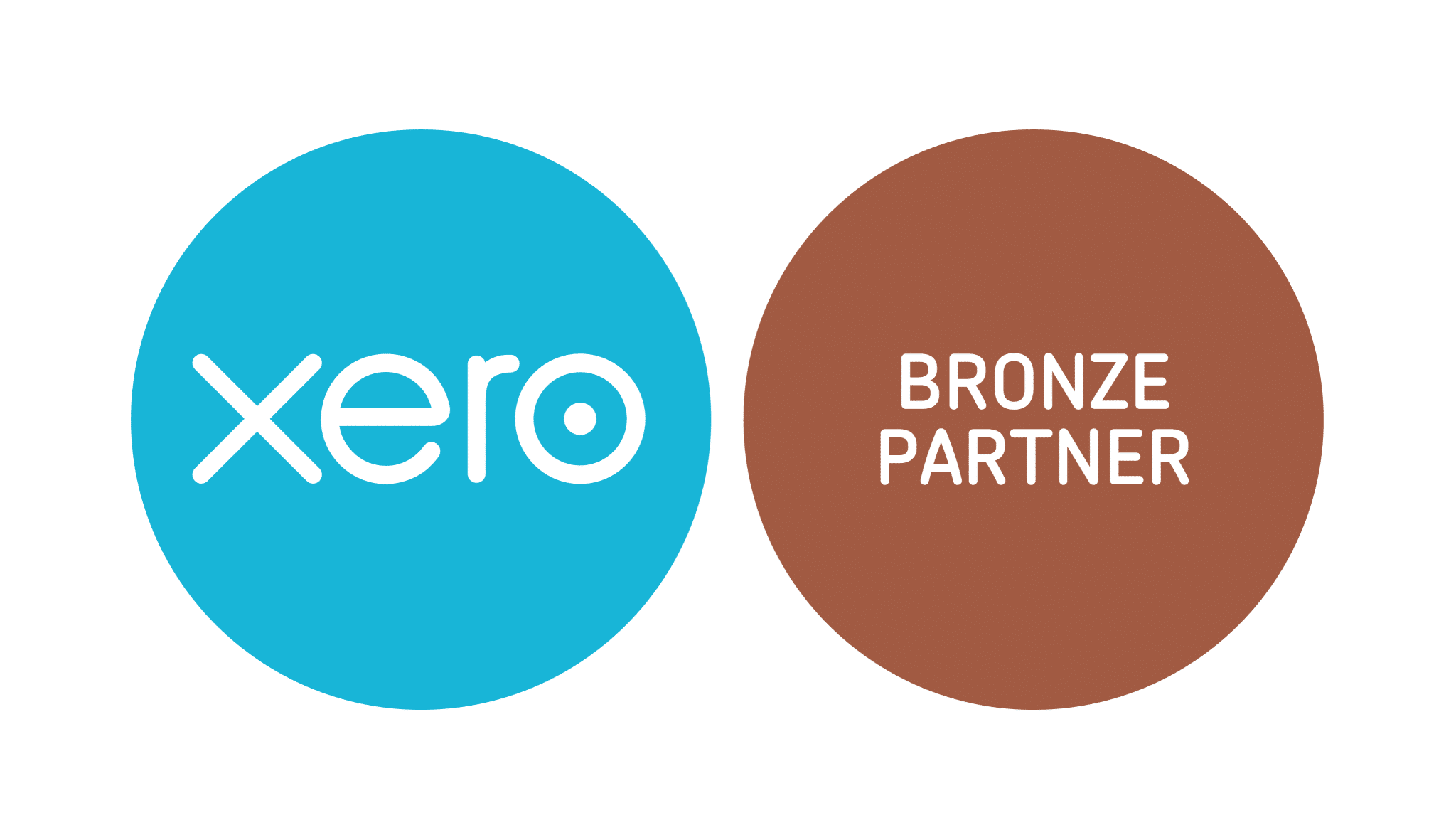Should I become VAT registered?
VAT, which stands for ‘Value-Added Tax’ is completely separate to income tax or corporation tax and is a tax on sales. A VAT-registered business is effectively an ‘agent’ on behalf of HMRC and is responsible for charging its customers the correct rate of VAT and then reporting and paying that VAT to HMRC each quarter.

A business must legally become registered for VAT when it reaches the VAT threshold, which is currently £90,000. In assessing whether the threshold has been reached, a business must look at its total sales over a rolling 12-month period – many businesses often get this wrong as they assume that the threshold applies to an accounting or tax year. In considering whether the threshold has been reached, goods which are exempt from VAT should be excluded from the calculations, e.g., postage stamps, financial or property transactions.
A business can also opt to voluntarily register for VAT even if its sales are below the VAT threshold. This may be beneficial for businesses that provide goods or services to other VAT-registered businesses as those businesses will be able to recover the VAT charged to them. Early or voluntary VAT registration is unlikely to benefit a business that sells to individual retail customers as those customers would not be able to recover the VAT. Other reasons for voluntary VAT registration include anticipation of fast growth, the perception that being VAT registered gives of being a large organisation or a high cost base on which VAT is paid to suppliers. However, the additional reporting burden of being VAT registered as outlined below must also be taken into consideration when deciding whether to voluntarily register.
Once a business has reached, or is about to reach, the VAT threshold, it must register for VAT with HMRC. HMRC will issue the business with a VAT registration number which will need to be displayed on all invoices. Thereafter, the business needs to charge the applicable rate of VAT on the goods and/or services that it sells. The business will need to decide whether its customers will be willing to pay an additional 20% on top of its existing prices or fees, or whether the business may have to absorb some of the VAT costs itself.
Detailed accounting records of the net, VAT and gross value of sales will need to be maintained. Similar information will also have to be maintained for expenses as VAT incurred on business expenses can be reclaimed from HMRC by offsetting it against the VAT due on sales. The information will need to be summarised on a VAT return each quarter and submitted to HMRC electronically within one month and seven days of the VAT quarter-end. VAT quarter-ends are not the same for all businesses and can be aligned with calendar quarter-ends or the businesses’ accounting year-end – it is important to clarify this at the point of VAT registration and it is normally easiest to align VAT quarter-ends with the businesses’ accounting year-end.
A VAT registered business then has to consider a couple of different VAT ‘schemes’ that it needs to opt into when calculating the VAT due each quarter. A business can be registered for the standard rate scheme or the flat rate scheme. Under the standard rate scheme, the VAT due to HMRC is calculated as the VAT collected on sales less the VAT paid on expenses. Under the flat rate scheme, a fixed percentage of gross sales is calculated, without taking into consideration the VAT paid on expenses. As a result of changes made to the flat rate scheme in April 2017, most businesses operate the standard rate scheme.
There is also a choice in reporting VAT on a ‘cash’ basis or ‘accruals’ basis, with the decision being dependent upon the timing of payments both received on sales and paid on expenses.
Careful consideration should be given to both of the above schemes as these can have a significant impact on business profit, cash flow and administration.




